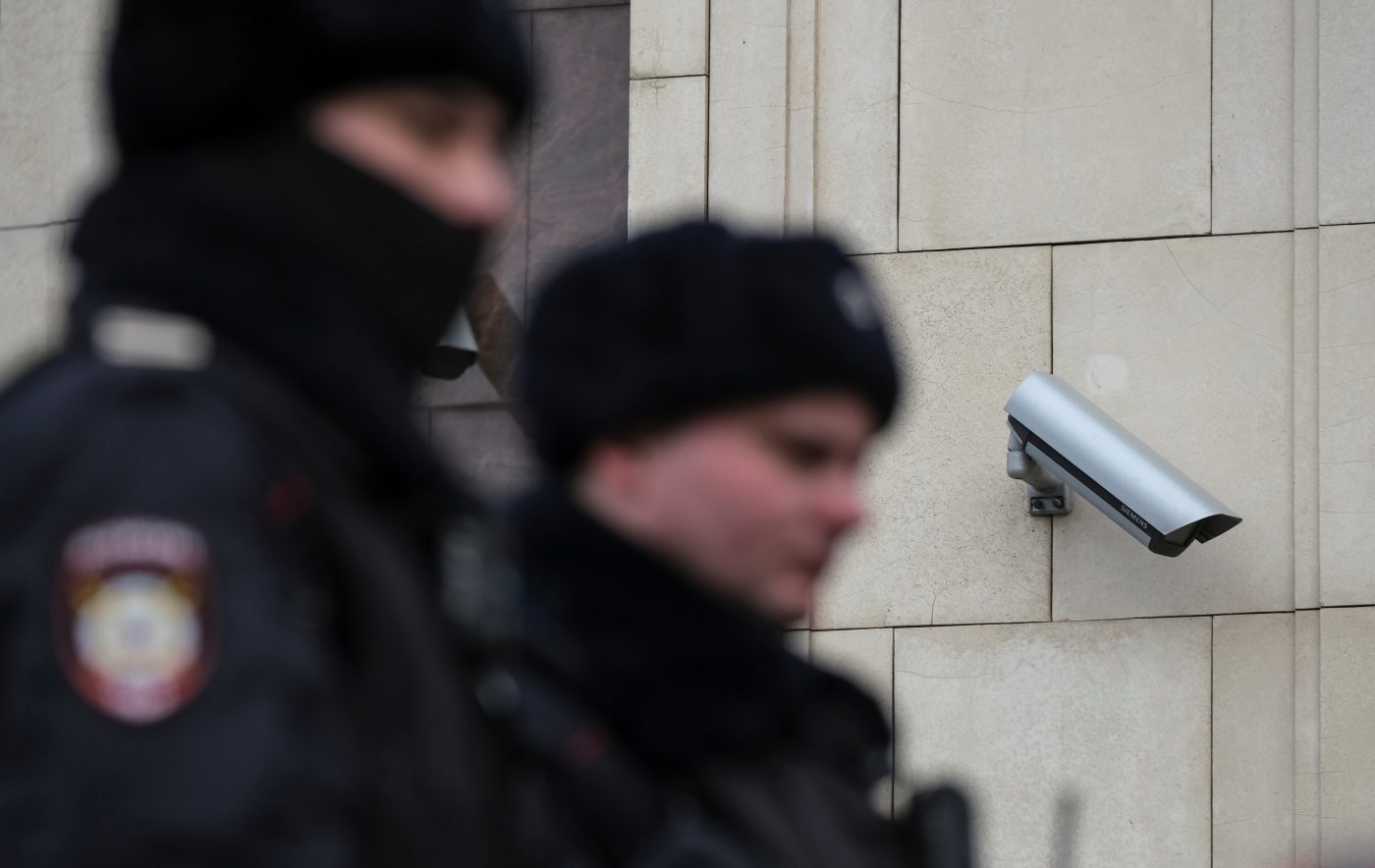Mass denunciation, which seemed to have died with Stalinism, is once again alive and kicking in Putin’s Russia. After the country unleashed its full-scale war of aggression against Ukraine, Russians informed compatriots en masse, targeting those raising their voices to oppose the war, support Ukraine, and to demand human rights.
The state has poured a significant effort into prosecuting and punishing the targets of these allegations, making use of repressive new articles in the Administrative and Penal Code, and Criminal Code of the Russian Federation introduced after the start of the war. The scale of denunciation is staggering. One full-time informant, a financially independent woman in her thirties and identified by Mediazona, has made more than 900 complaints about fellow citizens, including Russian troops who surrendered in Ukraine. In lengthy written responses, the woman explained she had learned from her grandfather, a retired army officer who she helped when she was a child.
Even schoolchildren are now its victims. Probably the most prominent case is that of 12-year-old Masha Moskaleva who was denounced by her teacher for drawing an anti-war picture in class and who was then taken from her father and placed into care. About 300,000 denunciations were made to the Russian state media watchdog Roskomnadzor alone in the year 2022.
The state encourages the lowest human traits and builds upon its repressive system.
There have been thousands of cases against those accused of “making false statements about the Russian military.” Sasha Skochilenko, 32, a St. Petersburg artist accused of replacing supermarket price tags with anti-war statements, faces up to 10 years in prison after a denunciation by a pensioner, as does Olesya Krivtsova, 19, a first-year university student from the northern city of Arkhangelsk alleged to have made anti-war comments on social media.
Under pressure from the outside world and increasingly fearful of internal resistance, Putin’s system is turning increasingly to the old Soviet dictatorial playbook. A search for enemies, external and internal, is central and denunciation is its tool.
The root cause of the return to this old Stalinist practice is Russian society’s failure to sufficiently process its own history. There has not been, in the three decades since the Soviet Union’s collapse, an acknowledgment that Russia’s self-proclaimed imperial grandeur rests upon the bones of the multiple millions of Russians and other Soviet citizens tortured and murdered as supposed enemies of the state.
There is more than enough evidence to support this, but the most poignant is the suppression of the human rights organization Memorial itself, whose roots lay in the post-Soviet attempt to dig up (sometimes literally) the hidden past. The 1990s saw the uncovering by the Memorial of mass graves of the NKVD’s victims — some 6,241 in one forest killing ground near the Finnish border alone. Putin and his helpers have since made every effort to have Stalin’s victims covered up and forgotten once again. Every attempt to highlight Soviet repression – another Memorial function — is now doomed in Russia. The recent searches of 10 Memorial offices in various Russian cities were initiated by denunciations claiming that Memorial “rehabilitates Nazism.”
This historical experience, and the link between denunciation and mass killing, has not been anchored in the collective consciousness deeply enough to prevent its recurrence now. Any hope of doing so in the 21st century has been quashed by Putin’s determination to restore a “patriotic” education system and the repression of dissenters. Children are being taught now in schools that the war is good, and all references to Ukraine are being removed from schoolbooks.
Putin’s system is also based on an offense to history. It has stolen the memory of the real heroism of the various peoples — including Russians but also Ukrainians, Tatars, Balts, and Central Asians — who contributed to the victory over National Socialism, and then uses it to justify an imperialist war against another of the victor peoples. It has replaced the meaning of victory in World War II with a perversion of the truth, in the same way, that it substituted real veterans at the May 9 Victory Day parade in Moscow with veterans of the Soviet and Russian special services who had nothing to do with people’s victory over fascism.
Putin’s mass media are a worthy heir to the Soviet Agitprop in its consistency and brutality of presenting “enemies” daily on Russian state TV channels.
It is high time now for the representatives of Russian civil society, historians, and the best human-rights activists with their knowledge and sense of mission finally to start the urgent work of reclaiming historical memory from propaganda and present it time and again to the people, even if this work now has to be done from abroad.
After Putin’s Russia suffers military defeat, society may only in this way be able to finally break out of a vicious circle of imperial ambition and enemy-hunting. Then the twisted version about war and peace, good and evil peddled by the Kremlin can be removed, and Russians may begin to understand the wrongs committed in their name and design their own future.
Oxana Schmies is an analyst based in Berlin. She has held post-doctoral positions at the University of Erfurt, Humboldt University of Berlin, and the Center of Liberal Modernity (LibMod) in Berlin and is consulting for a range of international think tanks
Europe’s Edge is CEPA’s online journal covering critical topics on the foreign policy docket across Europe and North America. All opinions are those of the author and do not necessarily represent the position or views of the institutions they represent or the Center for European Policy Analysis.





